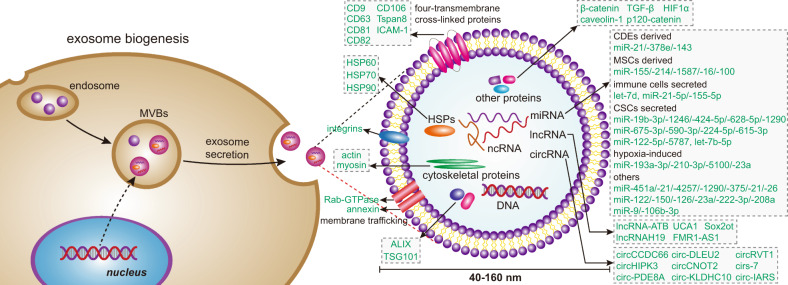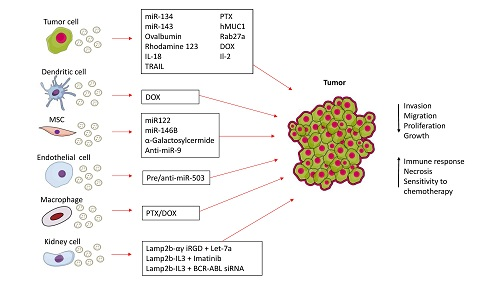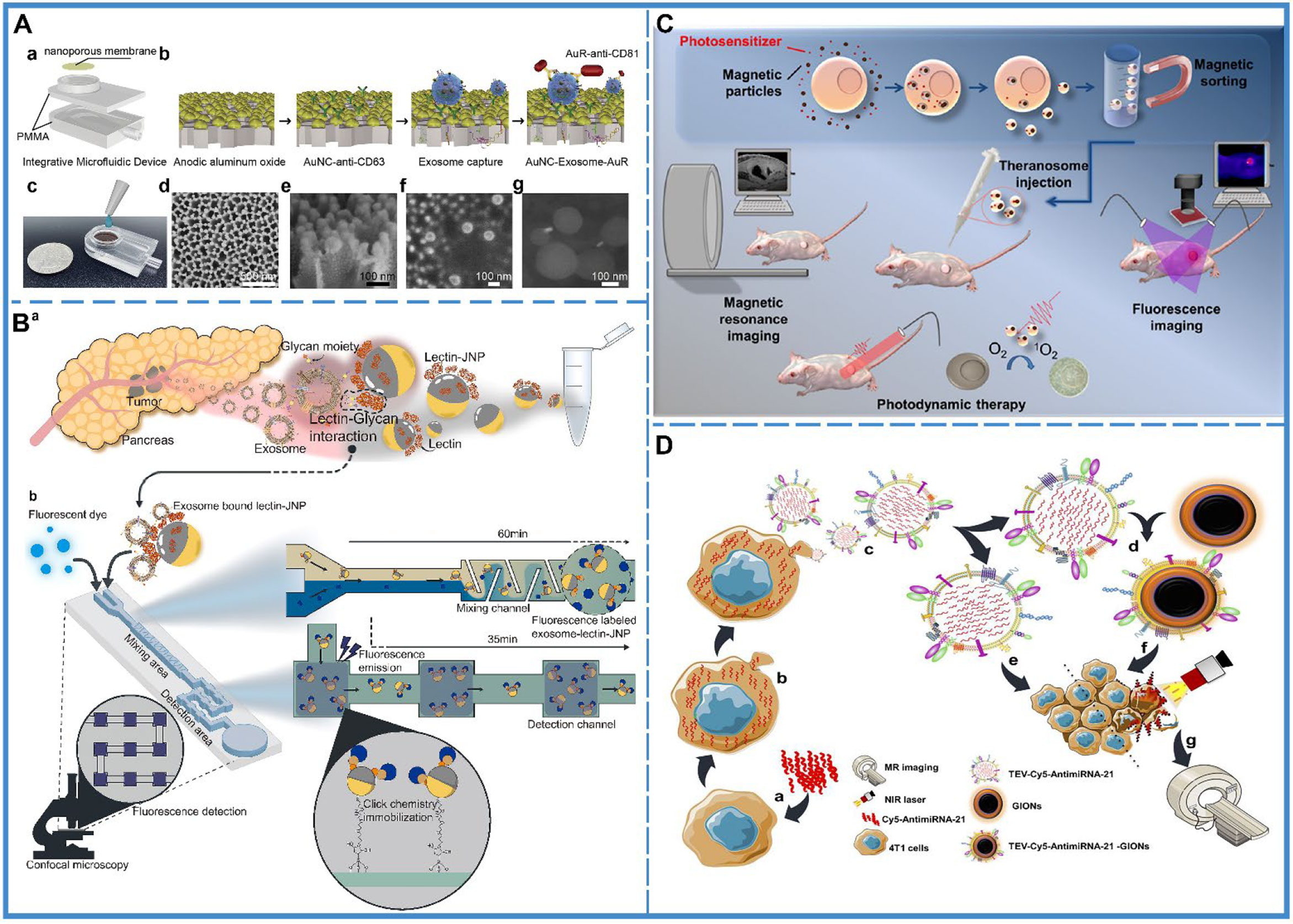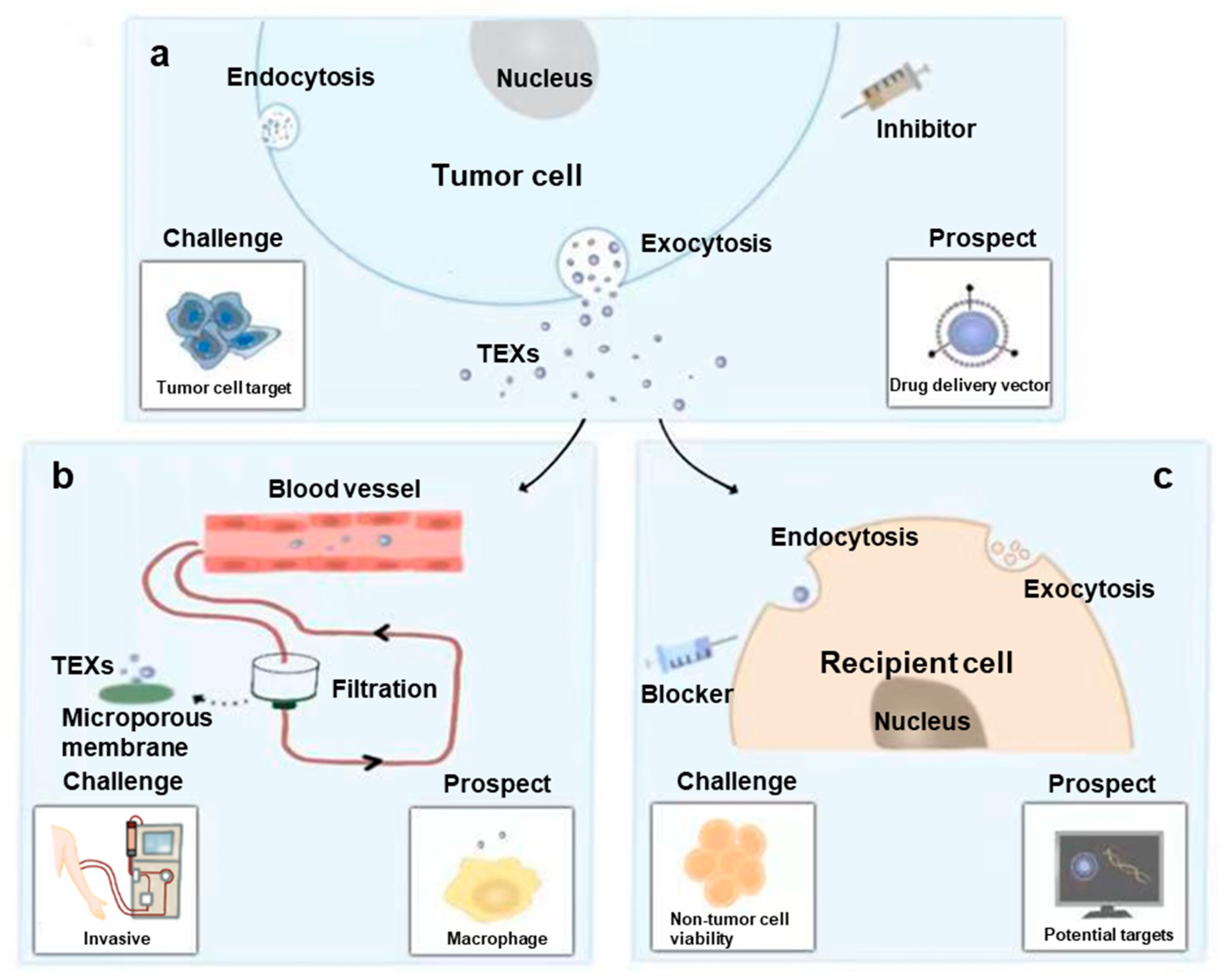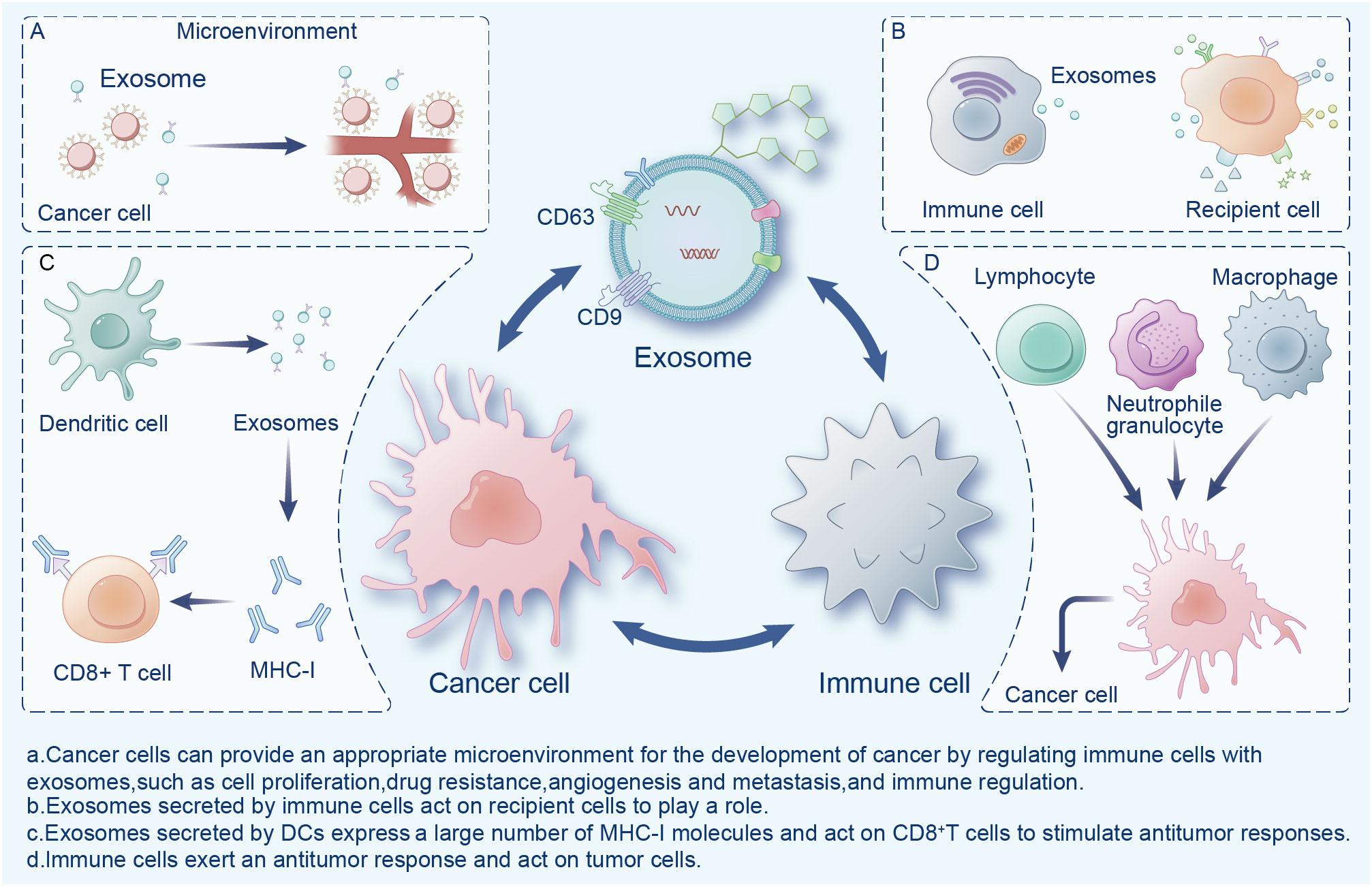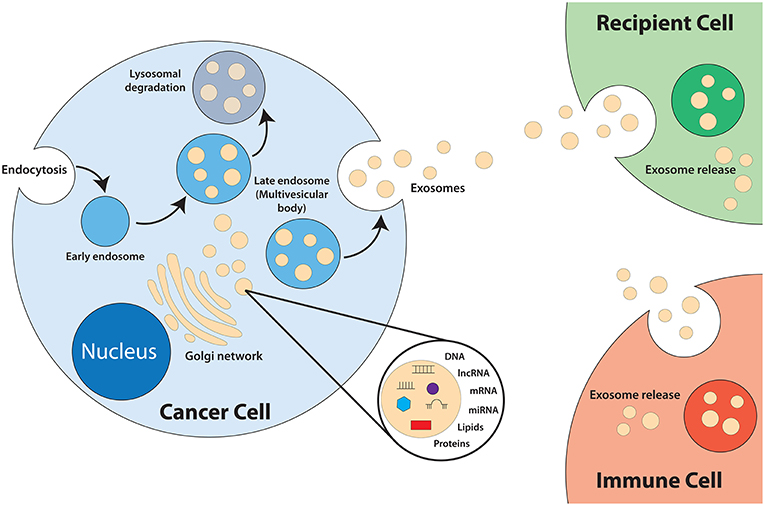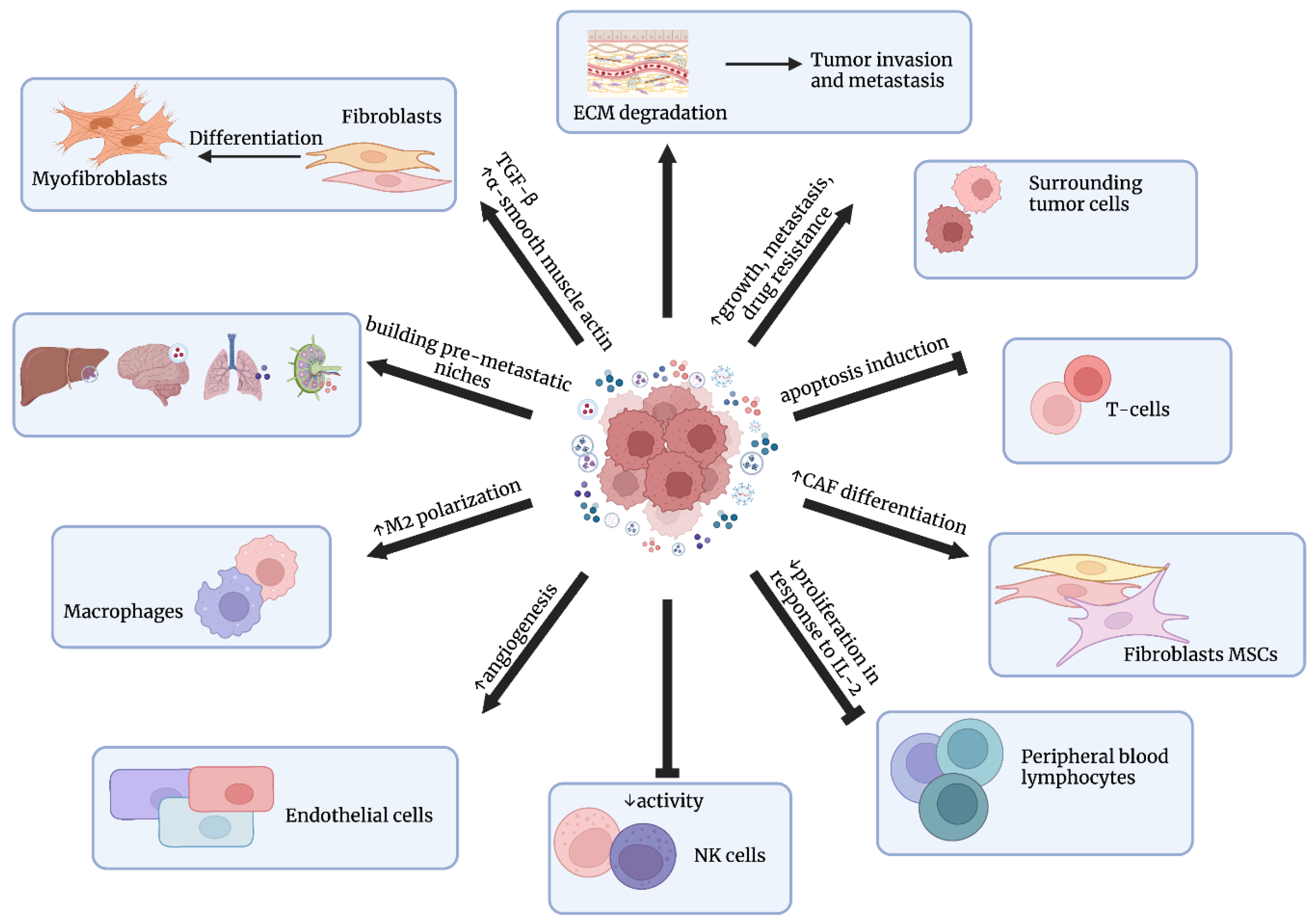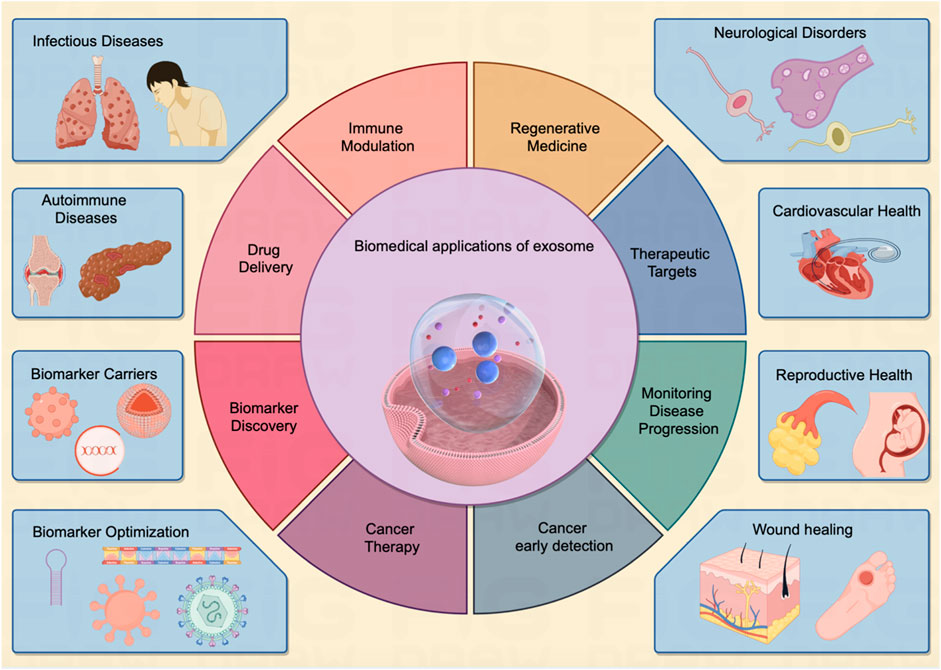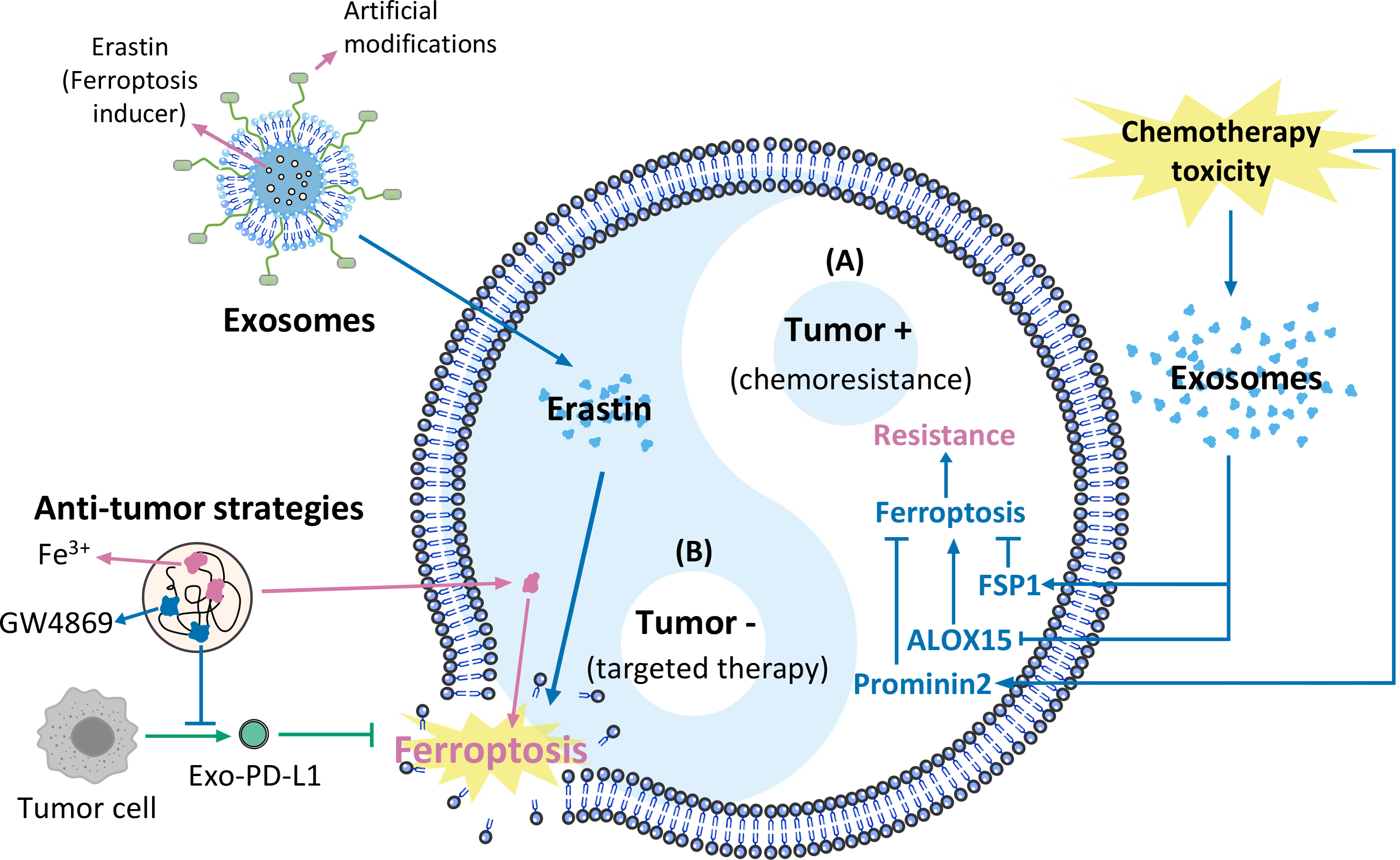Exosomes Key Players In Cancer And Potential Therapeutic Strategy
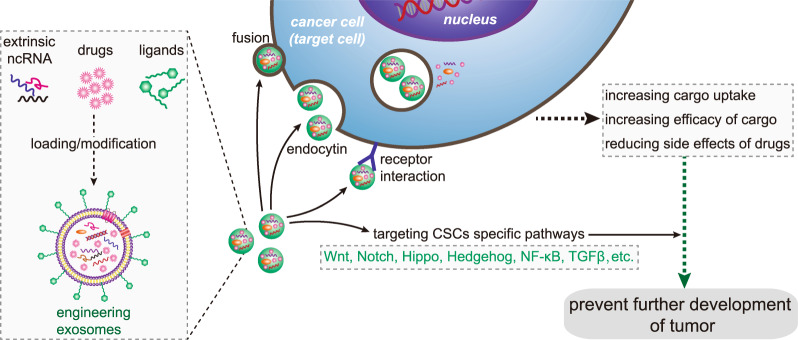
In the relentless battle against cancer, a new frontier is emerging, not within cells themselves, but in the microscopic messengers they dispatch: exosomes. These tiny vesicles, once dismissed as mere cellular waste, are now recognized as key communicators in the tumor microenvironment, shaping cancer progression and offering tantalizing new avenues for therapy. Their role in everything from metastasis to immune evasion is prompting a surge in research, with the hope of harnessing their power for diagnostic and therapeutic gain.
This article delves into the crucial role of exosomes in cancer, exploring how these nanoscale packages influence tumor development, spread, and resistance to treatment. We'll examine the latest research uncovering their complex mechanisms, and discuss the potential of exosomes as both biomarkers for early cancer detection and as targeted drug delivery systems. Furthermore, we will present a balanced view of the challenges and opportunities that lie ahead in translating exosome research into effective clinical applications.
Exosomes: The Whispers of Cancer Cells
Exosomes are nanosized vesicles, typically 30-150 nanometers in diameter, secreted by almost all cell types, including cancer cells. These vesicles are enclosed by a lipid bilayer membrane and contain a complex cargo of proteins, nucleic acids (DNA, mRNA, microRNA), and lipids reflecting the state of the cell from which they originate.
Originally thought to be a method for cells to discard unwanted materials, exosomes are now understood as critical mediators of intercellular communication, capable of influencing recipient cells both locally and distally.
How Cancer Cells Exploit Exosomes
Cancer cells are adept at hijacking the exosome pathway to their advantage. They utilize exosomes to foster an environment that supports tumor growth, invasion, and metastasis. This includes manipulating the immune system, promoting angiogenesis (the formation of new blood vessels to feed the tumor), and preparing distant sites for future colonization.
One of the most significant ways cancer cells leverage exosomes is through immune suppression. Exosomes derived from tumors can carry proteins that inhibit the activity of immune cells like T cells and natural killer cells, preventing them from effectively targeting and destroying cancer cells. According to a study published in the journal Cancer Research, tumor-derived exosomes can transfer programmed death-ligand 1 (PD-L1), a protein that binds to receptors on T cells and inactivates them.
Exosomes also play a crucial role in preparing the metastatic niche. Before cancer cells physically migrate to a distant organ, they release exosomes containing factors that alter the microenvironment of that organ. These factors can include matrix metalloproteinases (MMPs) that degrade the extracellular matrix, creating space for cancer cells to invade. A report by the National Cancer Institute (NCI) highlights the significant correlation between increased levels of specific exosomal MMPs and the likelihood of metastasis in various cancers.
Furthermore, cancer cells use exosomes to develop drug resistance. They can package and export chemotherapeutic drugs within exosomes, effectively reducing the drug concentration within the tumor cells themselves. These exosomes can then be taken up by other cancer cells, spreading the resistance mechanism throughout the tumor.
"Exosome-mediated drug resistance is a growing concern in cancer therapy," says Dr. Emily Carter, a leading researcher in exosome biology at the Mayo Clinic.
Exosomes as Diagnostic Biomarkers
Given their origin from cancer cells and their presence in bodily fluids like blood, urine, and saliva, exosomes hold great promise as diagnostic biomarkers for cancer. By analyzing the content of exosomes, researchers hope to detect cancer at an earlier stage, monitor treatment response, and even predict the likelihood of recurrence.
The advantage of using exosomes as biomarkers lies in their ability to reflect the molecular characteristics of the tumor from which they originated. They encapsulate proteins, nucleic acids, and lipids that are specific to the cancer cells, providing a snapshot of the tumor's activity. This is particularly valuable for detecting cancers that are difficult to biopsy or are located in inaccessible areas of the body.
Several companies are already developing exosome-based liquid biopsy tests for various cancers. These tests aim to identify cancer-specific biomarkers within exosomes, enabling earlier and more accurate diagnosis. For example, researchers are exploring the use of exosomal microRNAs (miRNAs) as biomarkers for detecting early-stage lung cancer. Studies have shown that specific miRNA profiles in exosomes can differentiate between healthy individuals and those with lung cancer, even before symptoms appear.
Exosomes as Therapeutic Delivery Vehicles
Beyond their role in cancer progression and diagnosis, exosomes also offer exciting possibilities as therapeutic delivery vehicles. Their natural biocompatibility, ability to cross biological barriers, and inherent targeting capabilities make them attractive candidates for delivering drugs, genes, and other therapeutic agents directly to cancer cells.
Researchers are exploring various strategies to engineer exosomes for targeted drug delivery. This involves loading exosomes with therapeutic cargo and modifying their surface to target specific receptors on cancer cells. This could involve attaching antibodies or other targeting molecules to the exosome surface to ensure that the therapeutic cargo is delivered specifically to the tumor, minimizing side effects on healthy tissues.
Another potential application is using exosomes to deliver gene therapy. By loading exosomes with therapeutic genes or gene editing tools like CRISPR-Cas9, researchers aim to correct genetic defects in cancer cells or disrupt their growth. A pre-clinical study published in Nature Biotechnology demonstrated that exosomes loaded with CRISPR-Cas9 could effectively target and destroy cancer cells in mice.
Challenges and Future Directions
Despite the immense potential of exosomes in cancer research and therapy, several challenges remain. One of the primary hurdles is the lack of standardized methods for exosome isolation, characterization, and quantification. This variability can lead to inconsistencies in research findings and hinder the development of reliable diagnostic and therapeutic applications.
Another challenge is the complexity of exosome biology. Exosomes are not a homogenous population, and their composition and function can vary depending on the cell type, the tumor microenvironment, and other factors. Further research is needed to fully understand the diverse roles of exosomes in cancer and to identify the most effective strategies for targeting them therapeutically.
However, the field of exosome research is rapidly advancing, with new discoveries being made every day. The International Society for Extracellular Vesicles (ISEV) is working to establish standardized guidelines for exosome research, and significant investments are being made in developing new technologies for exosome isolation, characterization, and engineering. These efforts promise to unlock the full potential of exosomes in the fight against cancer.
In conclusion, exosomes represent a paradigm shift in our understanding of cancer biology and offer a promising new frontier for diagnosis and therapy. While challenges remain, the ongoing research and technological advancements in this field hold great promise for improving the lives of cancer patients in the years to come. The whispers of cancer cells, carried by these tiny vesicles, may soon provide the key to silencing the disease altogether.
